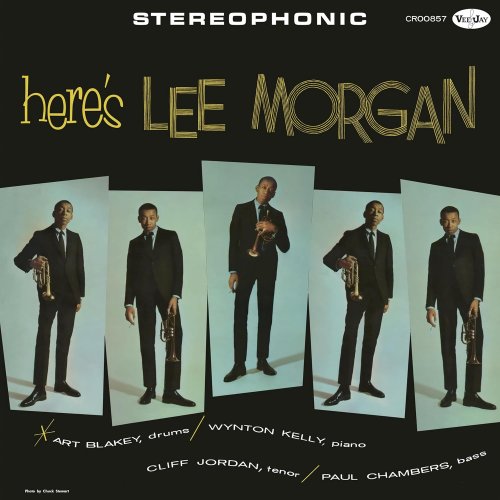Vladimir Ashkenazy - Rachmaninov: Corelli Variations, Etudes-tableaux (1988)
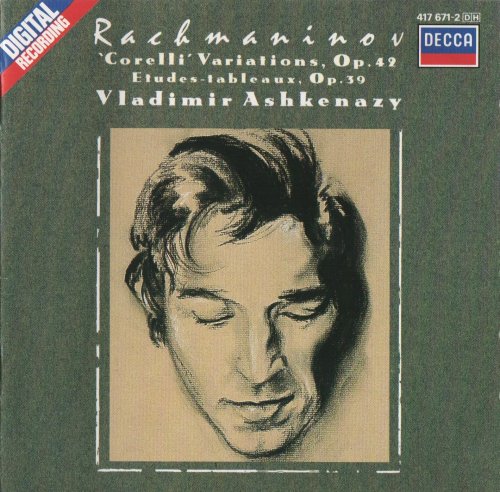
Artist: Vladimir Ashkenazy
Title: Rachmaninov: Corelli Variations, Etudes-tableaux
Year Of Release: 1988
Label: Decca / London
Genre: Classical
Quality: FLAC (image+.cue,log,scans)
Total Time: 54:48
Total Size: 576 Mb / 206 Mb
WebSite: Album Preview
Tracklist: Title: Rachmaninov: Corelli Variations, Etudes-tableaux
Year Of Release: 1988
Label: Decca / London
Genre: Classical
Quality: FLAC (image+.cue,log,scans)
Total Time: 54:48
Total Size: 576 Mb / 206 Mb
WebSite: Album Preview
01. 'Corelli' Variations, op. 42 [0:18:49.50]
02. Etudes-tableaux, op.39 - No 1 in C minor [0:02:57.07]
03. Etudes-tableaux, op.39 - No 2 in A minor [0:06:40.20]
04. Etudes-tableaux, op.39 - No 3 in F sharp minor [0:02:47.45]
05. Etudes-tableaux, op.39 - No 4 in B minor [0:03:42.45]
06. Etudes-tableaux, op.39 - No 5 in E flat minor [0:05:15.25]
07. Etudes-tableaux, op.39 - No 6 in A minor [0:02:27.70]
08. Etudes-tableaux, op.39 - No 7 in C minor [0:05:35.60]
09. Etudes-tableaux, op.39 - No 8 in D minor [0:03:00.50]
10. Etudes-tableaux, op.39 - No 9 in D major [0:03:36.58]
Performers:
Vladimir Ashkenazy – piano
Fifteen years have elapsed since Decca gave us Ashkenazy's much-praised original LP coupling of the Corelli Variations and second set of the Etudes-tableaux (SXL6604, 5/73—nla). What we get here is not refurbishment, but brand new (i.e. 1985 recorded) versions—and predictably there's a striking difference in the sound. 'Striking' is perhaps the operative word in some of the more challenging of the Op. 39 pieces: there is just an occasional glint of steel. But for the most part the new CD is clearer, brighter and truer than the slightly confined albeit mellow earlier record.
While agreeing with so many of the splendid things said about the Corelli Variations in 1973,1 always thought Ashkenazy's tempo for the theme itself much nearer a Lento than the prescribed Andante. So I'm glad to find it now marginally faster, though still considerably slower than from Kathryn Stott (Conifer) and just a bit slower than from Howard Shelley (Hyperion) who I think finds the ideal answer. Other small differences in the course of the variations, like a faster Adagio misterioso (No. 8), don't really alter the general nature of what is a richly romantic, very personally inflected, reading. With generous (perhaps over-generous in the Tempo di Menuetto, No. 3) recourse to rubato, Ashkenazy leaves not a note unturned. That said, I still think he has two formidable young British rivals in the fanciful Stott and still more, Shelley, who so cunningly reminds you of the theme itself in all its hiding places as well as achieving an effortless continuity in the work as a whole by artfully correlated tempos. By not playing the Intermezzo too slowly, Shelley certainly carries you into a totally new, idyllic world of dreams in the two ensuing variations in D flat major. But both Ashkenazy and Stott get closer to the secret ache of the coda.
The slightly slower tempo that Ashkenazy now adopts for the second of the nine Etudes-tableux is all to the good, for only this A minor Lento assai brings respite from the demonstrative bravura of the rest. He plays them all with superb panache. I particularly enjoyed the passionate No. 5 in E flat minor, with its wonderfully assuaging final gleams of major key light, the splintered glass brilliance of No. 6 in A minor, and the arrestingly dramatic No. 7 in C minor culminating in great peals of the composer's much loved bells.
While agreeing with so many of the splendid things said about the Corelli Variations in 1973,1 always thought Ashkenazy's tempo for the theme itself much nearer a Lento than the prescribed Andante. So I'm glad to find it now marginally faster, though still considerably slower than from Kathryn Stott (Conifer) and just a bit slower than from Howard Shelley (Hyperion) who I think finds the ideal answer. Other small differences in the course of the variations, like a faster Adagio misterioso (No. 8), don't really alter the general nature of what is a richly romantic, very personally inflected, reading. With generous (perhaps over-generous in the Tempo di Menuetto, No. 3) recourse to rubato, Ashkenazy leaves not a note unturned. That said, I still think he has two formidable young British rivals in the fanciful Stott and still more, Shelley, who so cunningly reminds you of the theme itself in all its hiding places as well as achieving an effortless continuity in the work as a whole by artfully correlated tempos. By not playing the Intermezzo too slowly, Shelley certainly carries you into a totally new, idyllic world of dreams in the two ensuing variations in D flat major. But both Ashkenazy and Stott get closer to the secret ache of the coda.
The slightly slower tempo that Ashkenazy now adopts for the second of the nine Etudes-tableux is all to the good, for only this A minor Lento assai brings respite from the demonstrative bravura of the rest. He plays them all with superb panache. I particularly enjoyed the passionate No. 5 in E flat minor, with its wonderfully assuaging final gleams of major key light, the splintered glass brilliance of No. 6 in A minor, and the arrestingly dramatic No. 7 in C minor culminating in great peals of the composer's much loved bells.
DOWNLOAD FROM ISRA.CLOUD
Vladimir Ashkenazy Rachmaninov Corelli Variations Etudes-tableaux 88 2910.rar - 206.5 MB
Vladimir Ashkenazy Rachmaninov Corelli Variations Etudes-tableaux 88 2910.rar - 206.5 MB

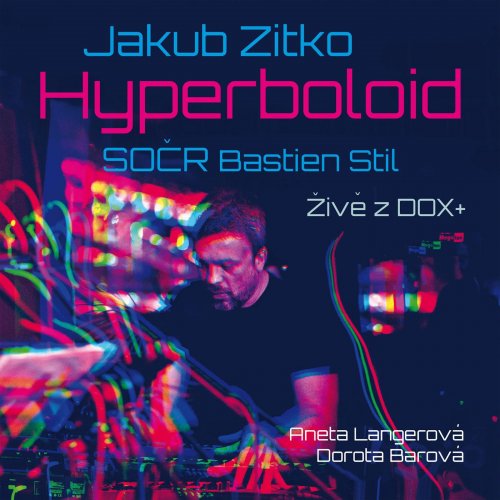
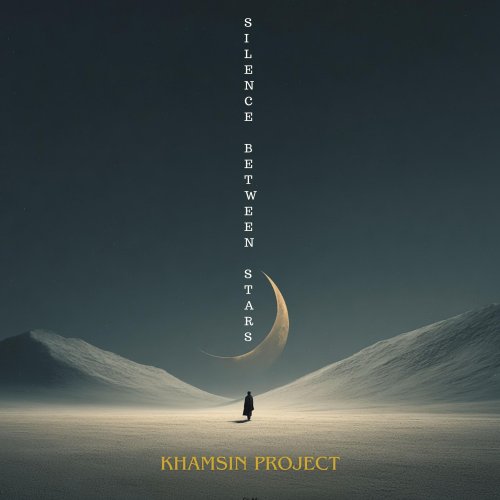
![Ben Aylon, Roei Hermon - SMALL ROOM IN DAKAR (2025) [Hi-Res] Ben Aylon, Roei Hermon - SMALL ROOM IN DAKAR (2025) [Hi-Res]](https://www.dibpic.com/uploads/posts/2025-12/1765640683_pl8lfacmwajwc_600.jpg)
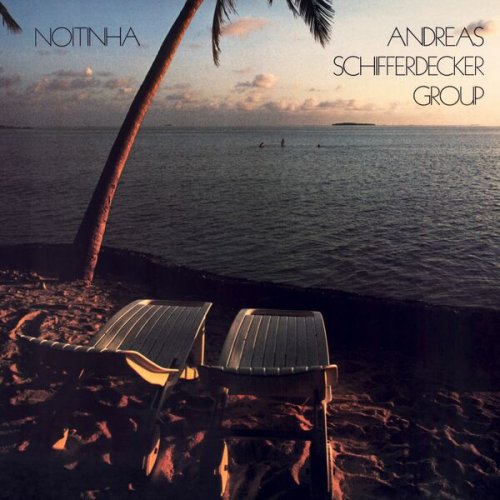

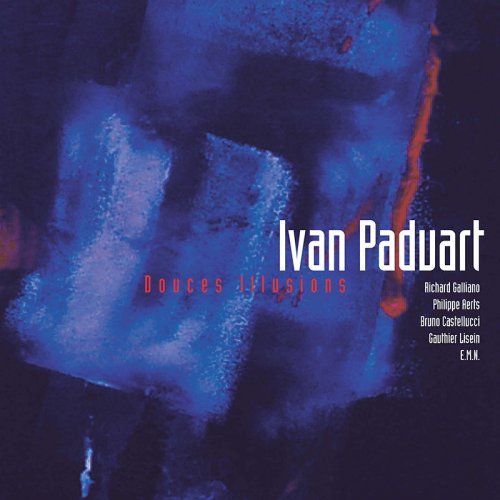
![Judith Goldbach Quartett - Akrobat (2025) [Hi-Res] Judith Goldbach Quartett - Akrobat (2025) [Hi-Res]](https://www.dibpic.com/uploads/posts/2025-12/1765455741_hg3dbj38fhbob_600.jpg)
